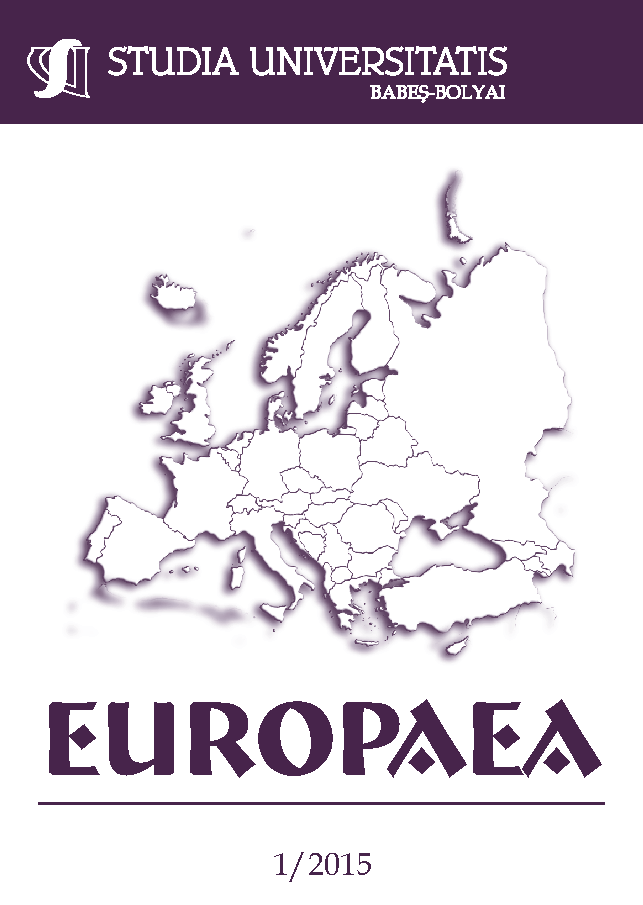1993: HOW DID AN AMERICAN EPISTEMIC COMMUNITY REGARD THE REGRANTING OF THE MOST-FAVOURED-NATION STATUS TO ROMANIA
Keywords:
the Most Favoured Nation clause, international policy, USA - Romania relationships, USA Congress, the Congressional Research ServiceAbstract
After the end of World War II and until the end of the Cold War, the United States of America gave the Most Favoured Nation (MFN) clause more than a commercial significane. Romania’s MFN status was suspended in 1951 and restored in 1975, was suspended again in 1988 and the US Congress denied to restore it immediately after 1989, since the Congress continued to carefully and severely monitor the political, economic and social evolution in Romania. While the leaders from Bucharest considered that re-granting the MFN clause for Romania could be decided through bilateral political-diplomatic actions, in Washington, all Romanian social components were being taken into consideration. The Congressional Research Service (CRS) is a legislative branch institution within the Library of Congress, being in charge with conducting legal analysis and research on American and international policy in response to individual congressman or congressional staff request. We prove in the article, through several cited documents/analyses conducted during the post-1989 period, notably 1993, that this epistemic community did play a very important role in the process of restoring the US MFN status for Romania.
References
Dumbaugh, Kerry (1991), China – US Relations and Most-Favored-Nation Status: Issues and Options for Congress (CRS Report for Congress-91-524 F, July 5, 1991), Washington DC: Congressional Research Service.
Harrington, Joseph F.; Courtney, Bruce J. (1991), Tweaking the Nose of the Russians: Fifty Years of American-Romanian Relations, 1940-1950, Boulder: East European Monographs.
Harrington, Joseph F.; Karns, Eduard; Karns, Scott (1995), “American-Romanian Relations, 1989-1994” in East European Quarterly, no. 2, 207-236.
Lilley, James R.; Willkie, Wendell L.; Willkie II, Wendell L. (eds.) (1994), Beyond MFN: Trade with China and American Interests, Washington DC: AEI Press.
Pregelj, Vladimir (1993) Restoring Most-Favored-Nation Status to Romania (CRS Report for Congress-93-584 E, June 14, 1993), Washington DC: Congressional Research Service.
Pregelj, Vladimir N. (1999) Most-Favored-Nation (Normal-Trade Relations) Policy of the United States (CRS Issue Brief-IB93107, June 7, 2000), Washington DC: Congressional Research Service.
Pușcaș, Vasile (2006) Sticks and Carrots – Regranting the Most Favoured Nation Status for Romania, Cluj-Napoca: Eikon.
Verona, Sergiu (1992), Romanian Political Developments and US – Romanian Relations (CRS Issue Brief-IB92120, November15, 1992; updated July 15, 1993), Washington DC: Congressional Research Service.
Verona, Sergiu (1993), Romania: Implications of Restored MFN Status (CRS Report for Congress-93-1001 F, November 16, 1993), Washington DC: Congressional Research Service.
Downloads
Published
How to Cite
Issue
Section
License
Copyright (c) 2015 Studia Universitatis Babeș-Bolyai Europaea

This work is licensed under a Creative Commons Attribution-NonCommercial-NoDerivatives 4.0 International License.






